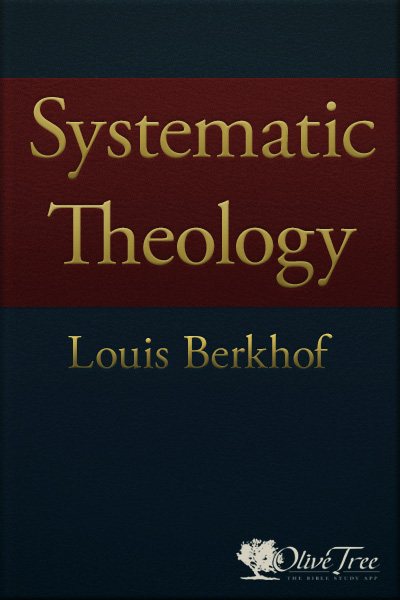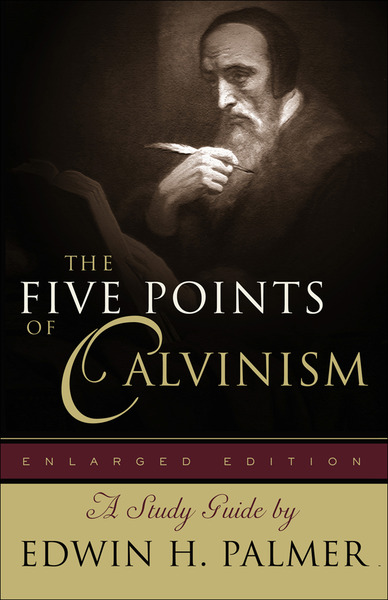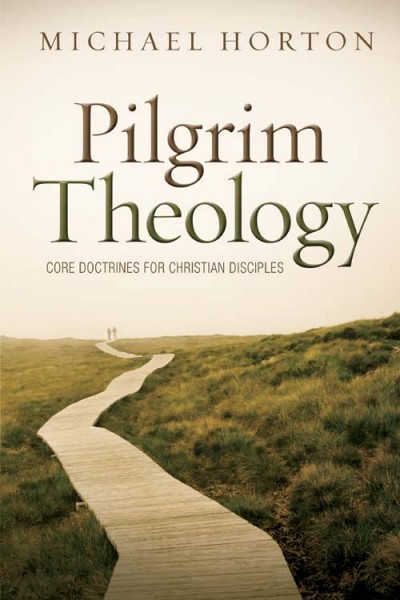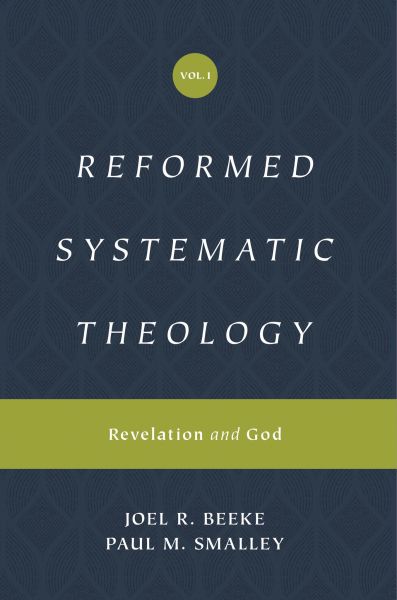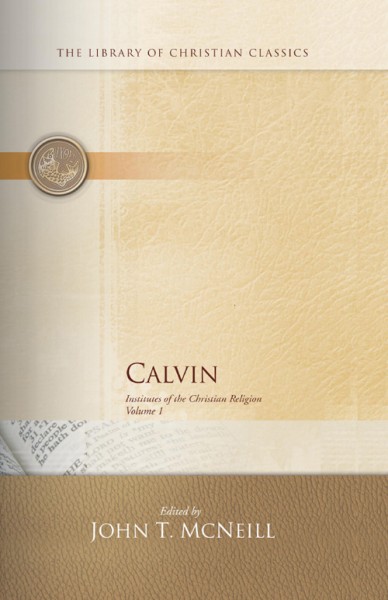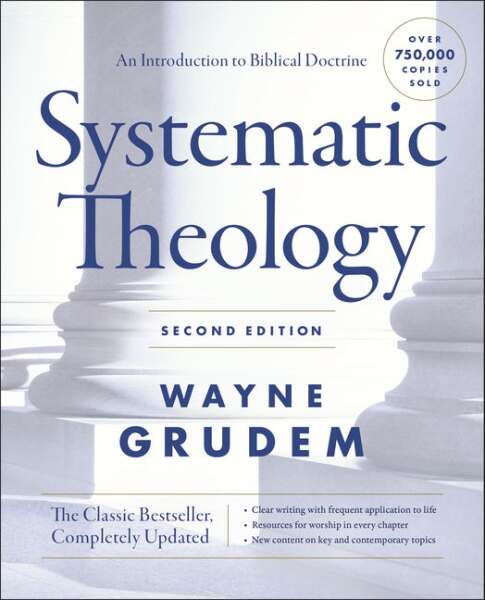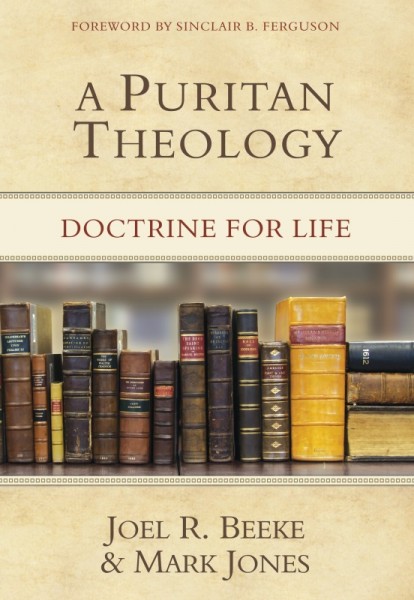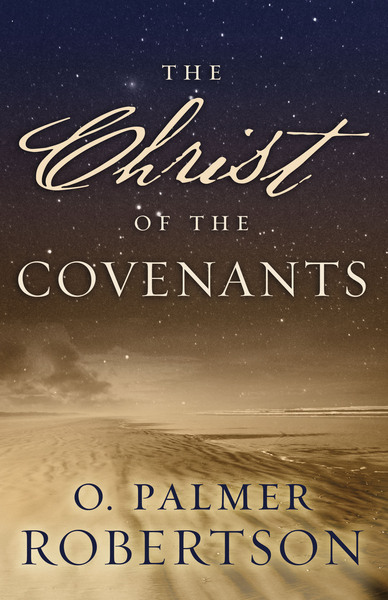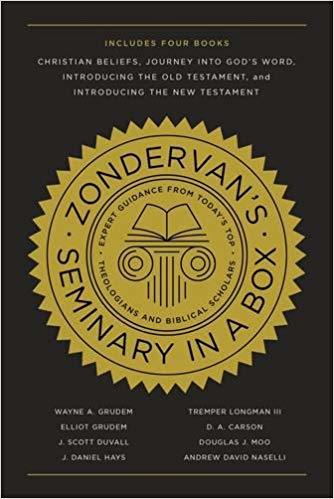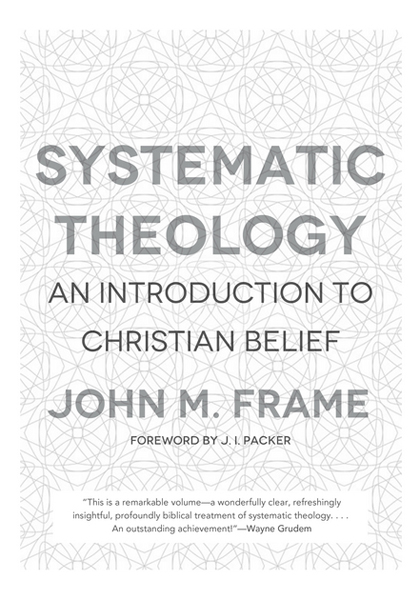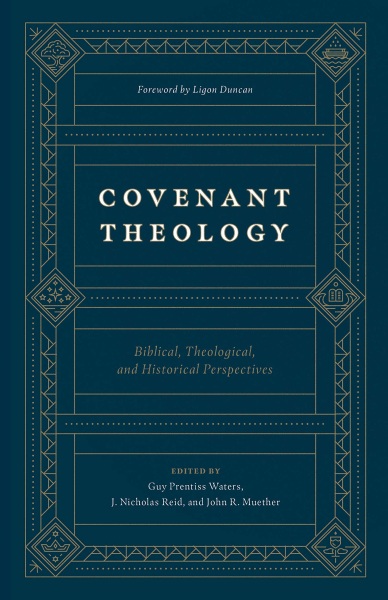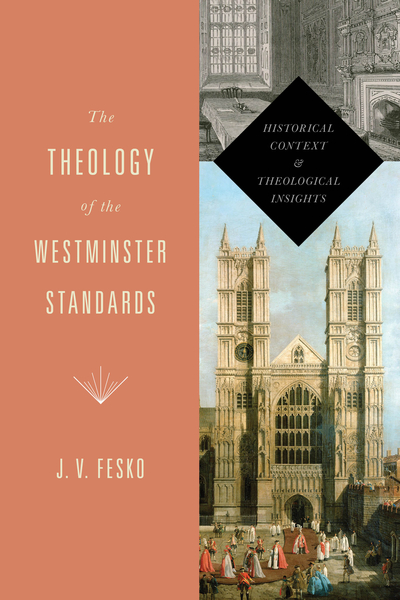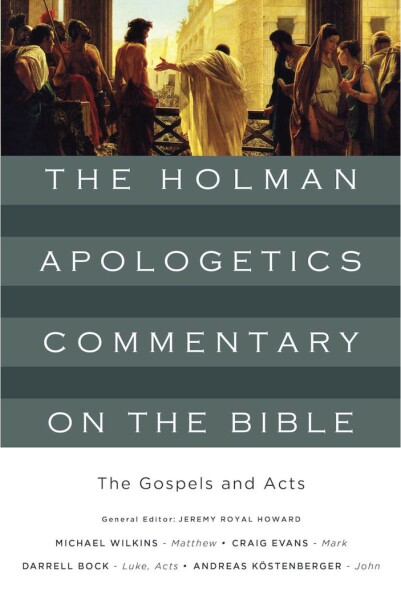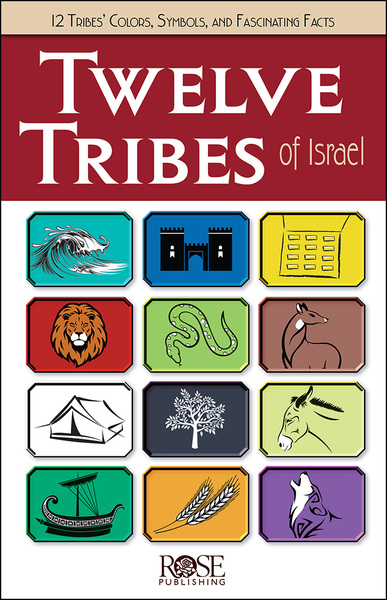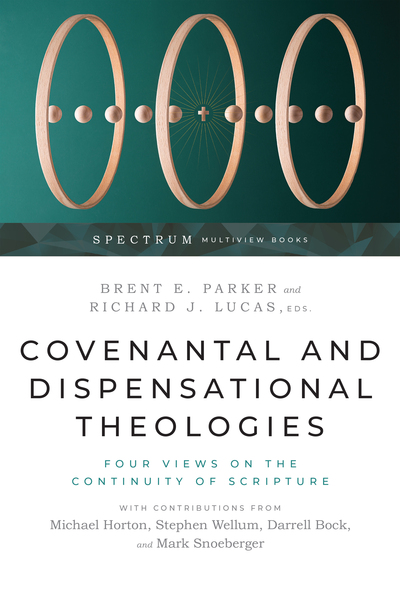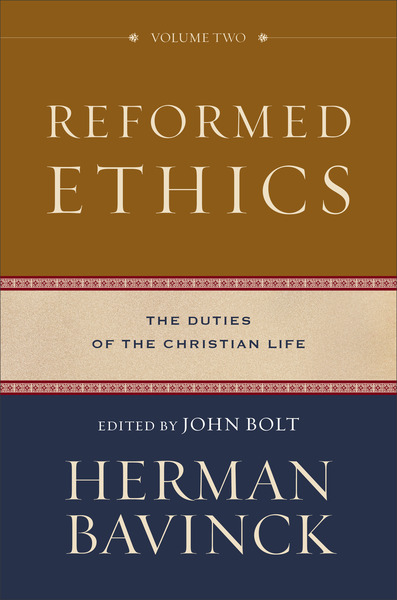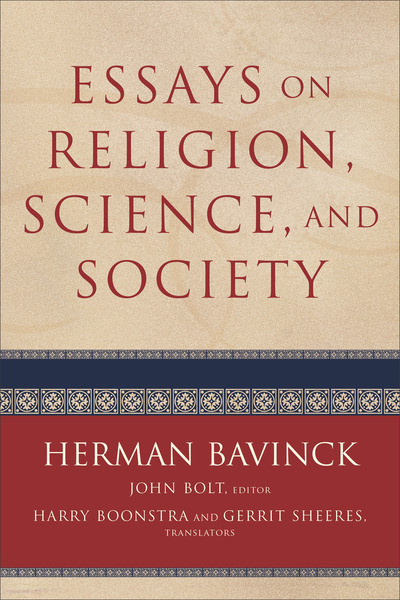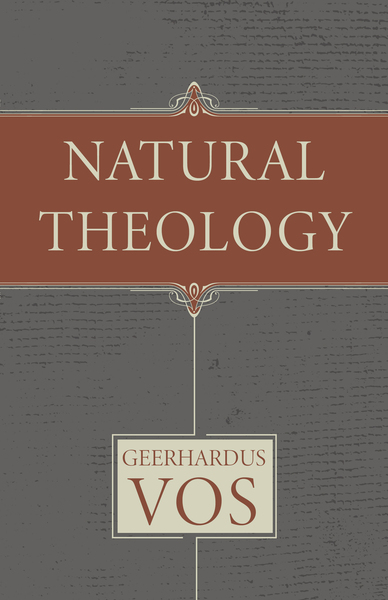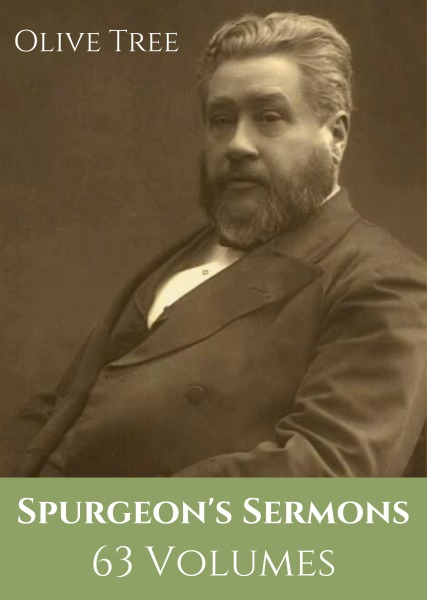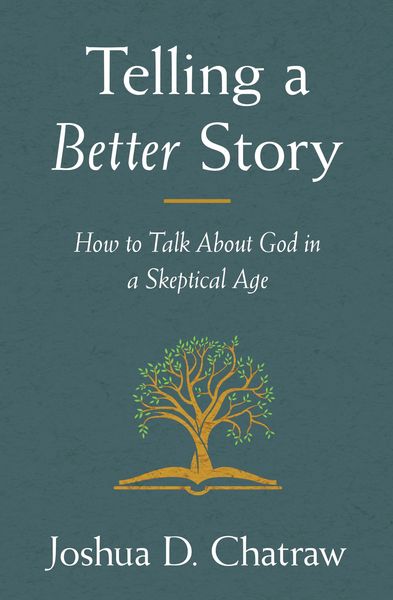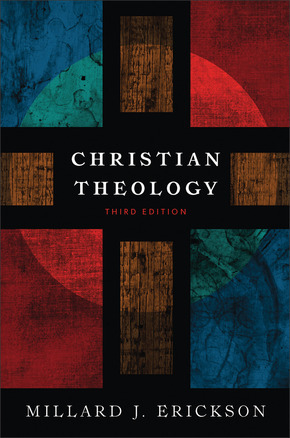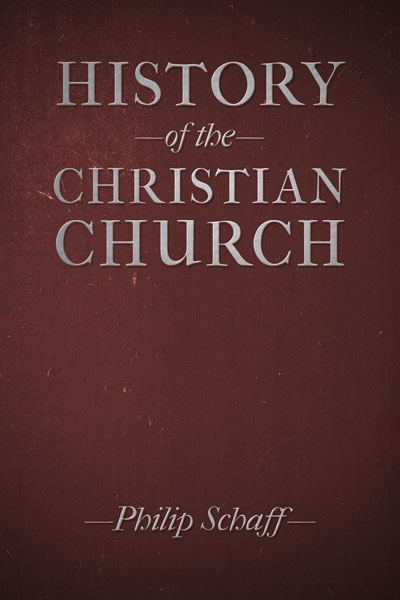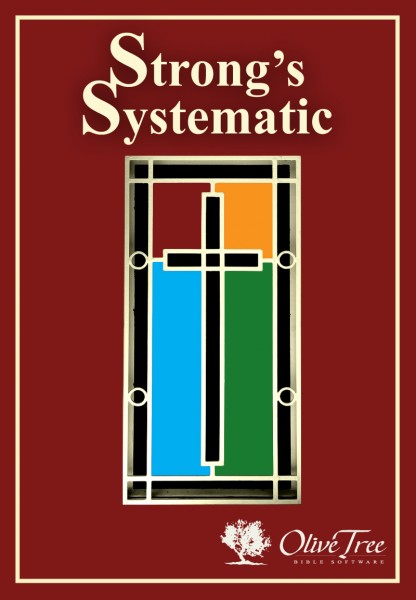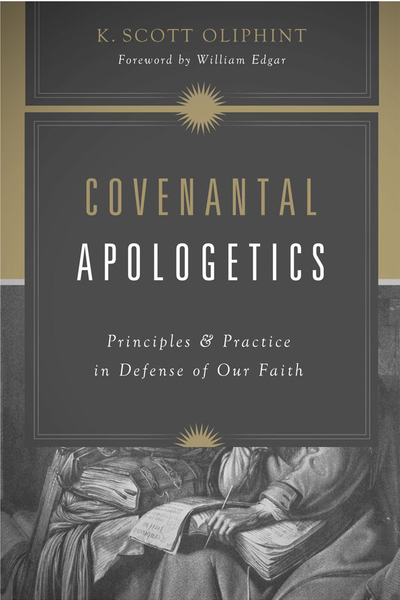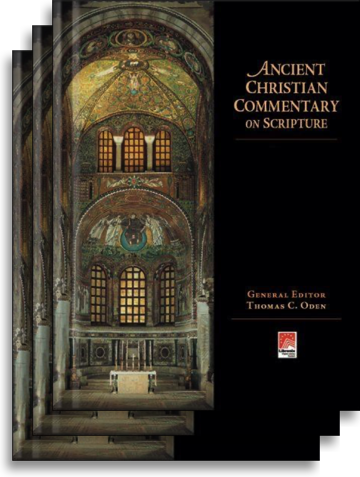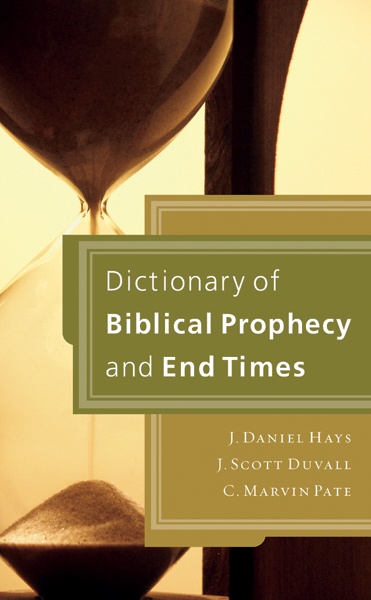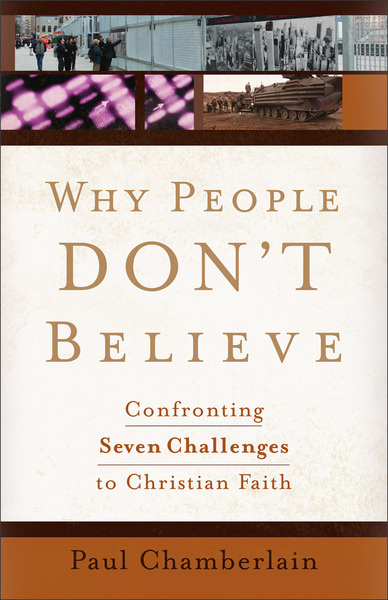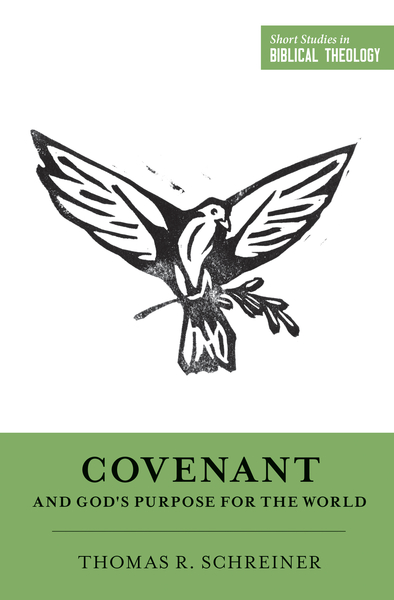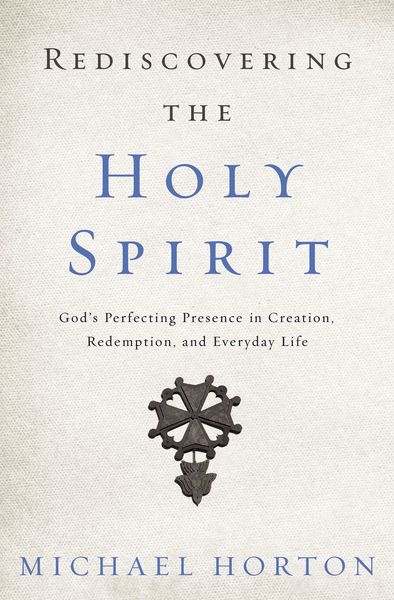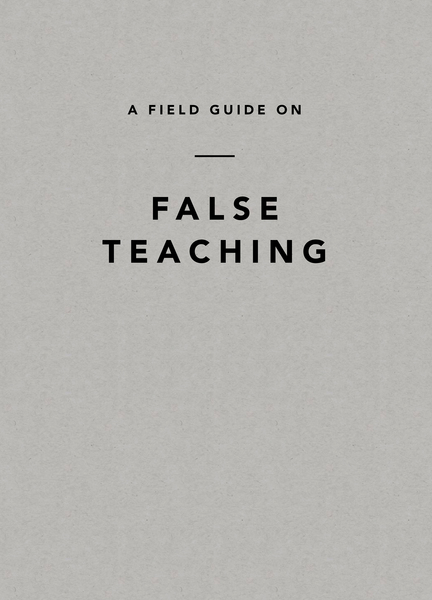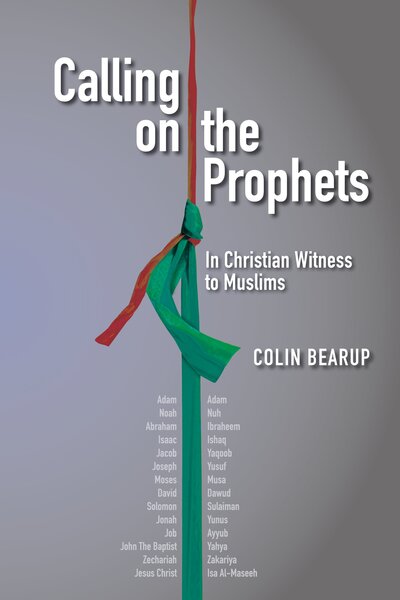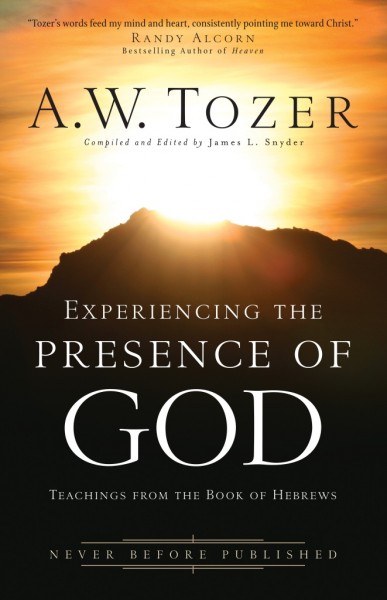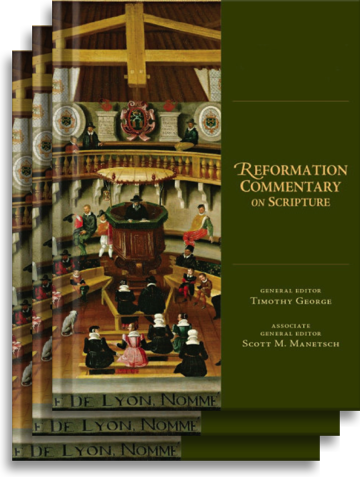Olive Tree Account
Olive Tree Account


Forgot Password
Enter the email address associated with your Olive Tree account to reset your password
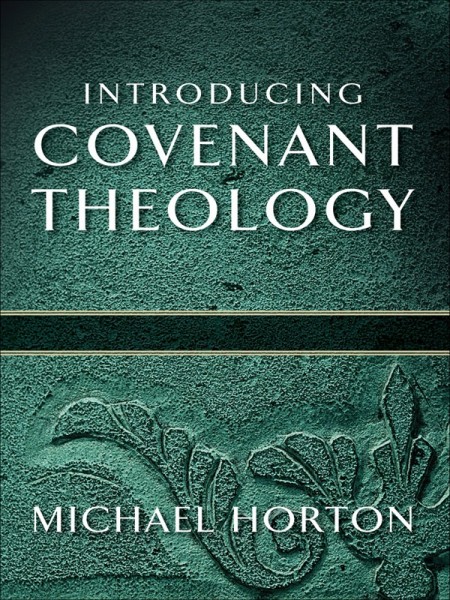
Features
Click on a feature to learn more.
Did your resource mention a passage of Scripture, but you can't remember what the verse says? Never fear! Tap the linked verse and a pop-up window will appear, giving you quick and easy access to the verse in context.
Introducing Covenant Theology
For the Olive Tree Bible App
Author: Michael Horton
Publisher: Baker Books

Introducing Covenant Theology
For the Olive Tree Bible App
Author: Michael Horton
Publisher: Baker Books
Our Price:
$24.99
Gift Price:
$24.99
Available for:
iPad, iPhone, Android, Mac, and Windows.
Features
Click on a feature to learn more.
Did your resource mention a passage of Scripture, but you can't remember what the verse says? Never fear! Tap the linked verse and a pop-up window will appear, giving you quick and easy access to the verse in context.
Description
Since biblical times, history is replete with promises made and promises broken. Pastors and teachers know the power of the covenant, and they know that understanding the concept of covenant is crucial to understanding Scripture. They also know that covenant theology provides the foundation for core Christian beliefs and that covenants in their historical context hold significance even today. But to laypeople and new Christians, the eternal implications of "cutting" a covenant with God can be complicating.
God of Promise unwinds the intricacies of covenant theology, making the complex surprisingly simple and accessible to every reader. With keen understanding, careful scholarship, and insight, Michael Horton leads all believers toward a deeper understanding of crucial covenant concepts.
God of Promise unwinds the intricacies of covenant theology, making the complex surprisingly simple and accessible to every reader. With keen understanding, careful scholarship, and insight, Michael Horton leads all believers toward a deeper understanding of crucial covenant concepts.
You might also like…
You might also like…

